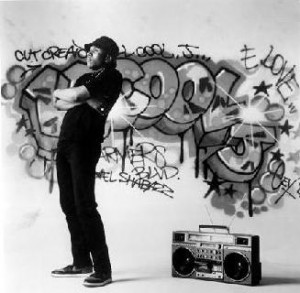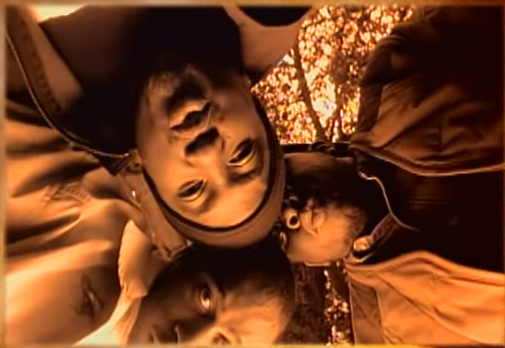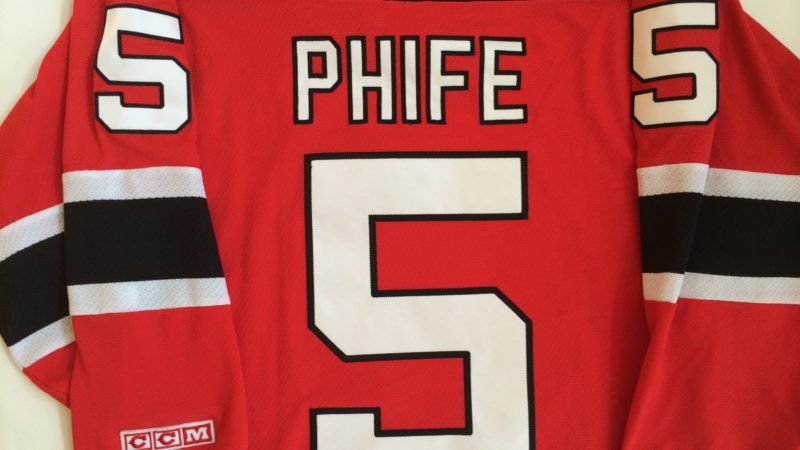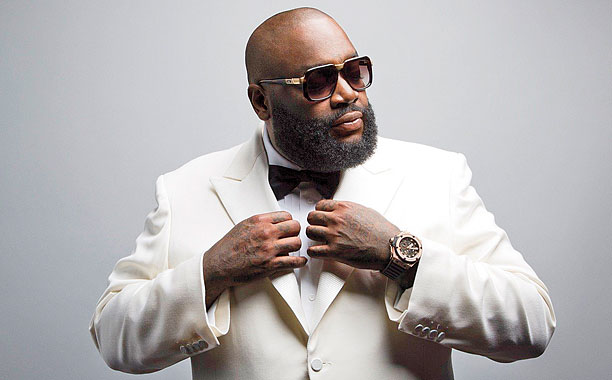Anyone who has seen Krush Groove will tell you LL Cool J’s cameo is by far the best part of the movie. He was on screen for less than a minute, but with that small glimpse we saw something big brewing. Years later we would realize LL Cool J almost single-handedly changed the genetics of the rap genre. He snatched the spotlight from the all mighty DJ while laying the foundation for the commercially viable b-boy. And he did it all with one album.
Fans who revel in nostalgia and the Hip-Hop elderly have this scene committed to memory.
My radio, believe me, I like it loud…
His aggression was startling. The track see-sawed dynamically between skeletal claps and piercing, sampled horn stabs and introduced Rubin’s soon-to-be signature deconstructed chic to a wider audience. LL’s lyrics and delivery were fist-pumpingly obnoxious.
Don’t mean to offend other citizens but I kick my volume way past ten…
It was flashy and self-absorbed, evocative and anthemic. It was everything we wanted from a rap record. “I Can’t Live Without My Radio” was a strident statement confirming the burgeoning genre’s existence and a warning to those who still believed rap was a fad. We’re coming out of the block parties and into the everyday. Were not just live, we are memorexed and commercial, giving us the ability to infuriate the non-believers with the push of play 24 hours a day. Get over it.
My story is rough. My neighborhood is tough, but I still sport gold and I’m out to crush…
It was an explosive 16 that lasted 30 seconds but made a lasting impression. Months later it became the flagship single for Def Jam and LL’s first proper studio LP, Radio.
Radio was arrogant; unrepentantly so. Def Jam was in its infancy and through LL Cool J they stepped into the industry center ring with a confidence normally reserved for veterans. LL spoke the album’s success into existence through his own egocentric rhymes. There were six singles including the title cut and all covered a sliver of LL’s personality. Added together, they painted a portrait of a young inner-city fabulist. He was a hard ass on the mic (“I Need A Beat”). His hood credentials were water tight (“You’ll Rock”). Your friends idolized him and your chick would give it up in a heartbeat and probably already did (“I Can Give You More.”)
With LL Cool J, we moved from the disco-inspired aesthetic into the era of the around the way dude. He wasn’t an overly adorned rapping funkateer in show-stopping thigh highs. He was the flyest high-school senior beat boxing at lunch, just with a record deal. Radio made Hip-Hop more relatable and broadened the themes dramatically. This was one of the genre’s first swan dives into the mainstream and it’s the genesis of the fabled Def Jam success story.
My name is Cool J. I devastate the show, but I couldn’t survive without my radio…
That’s the framing line. The thrill and anticipation connected to that turn of the tide didn’t just make us fans. It made us devotees and consumers. LL was only one patch of that tapestry but he summed up Hip-Hops rising tide perfectly. The music was becoming necessity.
At 25 years old, Radio is quite dated as is Krush Grove, but in a wonderfully wistful kind of way. It takes the old heads back with a smile and evokes deference in the young folks who missed it. James Smith might be doing romantic dramas these days but thanks to Radio, LL Cool J will always be hard as hell. It doesn’t get any more classic than that.
[pro-player width=’450′ height=’350′ type=’video’]http://www.youtube.com/watch?v=ZO9p8BIFq1Q[/pro-player]
Follow shelz. on Twitter @ http://twitter.com/shelzp
Follow Us on Twitter @ http://twitter.com/planetill
Join Us on the Planet Ill Facebook Group for more discussion
Follow us on Networked Blogs






2 thoughts on “25 Years Later And We Still Like Our Radios LOUD”